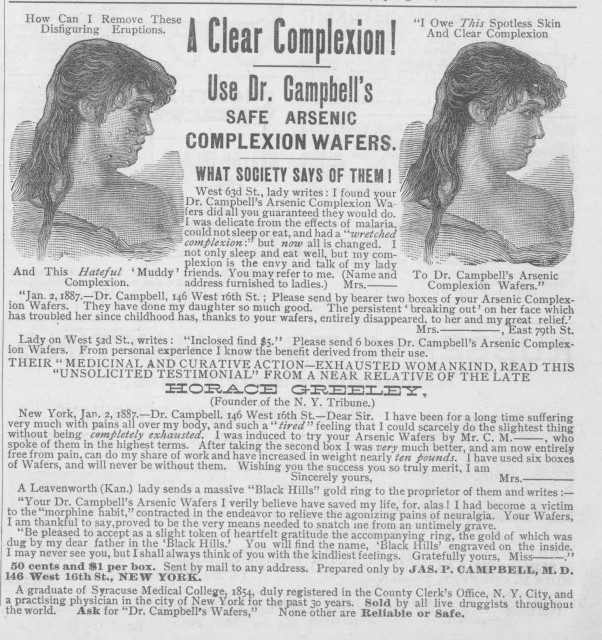Natural gas fracking well in Louisiana, (c) 2013 Daniel Foster
This can't be good for subsidy reform
The US Supreme Court has just greatly loosened the restrictions on spending corporate cash on political candidates and elections. The onslaught of cash that will follow will, I suspect, suprise even the supporters of this change. More importantly, the web of obligations that this cash creates among the elected officials will greatly worsen an already out-of-control problem of subsidies to favored constituencies.
According to Reuters, roughly $1 billion of the $6 billion spent on the 2008 election cycle came from corporate political action committees, trade associations, executives, and lobbyists. Frankly, both parts of this number are alarming. The corporate share is clearly an indication of large problems with political influence. The total spending is a concern because it renders elected office increasingly out of reach for normal people without private cash hordes or very large patrons, corporate or otherwise.
Sure, perhaps it is unrealistic to think that elections are entirely one vote per person, with voting on the basis dollars relegated to the marketplace. But the idea that rulings like this don't weaken our basic democratic principles seems misguided.
I continue to be puzzled by the idea that commercial free speech is equivalent to free speech by individuals, a premise that seems to recur frequently in these funding debates. Corporations are legal entities, yet criminal liability is reserved for the people who work in the corporations, not the organization itself. So in some respects before the law, distinctions by type of entity are already made.
So too in the area of speech. Short of incitement (and not much short of it) individuals can say virtually anything they want under the US freedom of speech laws, even if many such utterances are demonstrably false. Shall corporations now be subject to this same freedom? Product-related speech, whether that product is a box of cereal or a political candidate, will now be freed from the shackles of accuracy?
We've certaintly been here before. Here's an ad for the all-important arsenic complexion wafers, a beauty secret from centuries past. It was published in Good Housekeeping magazine in the early 20th century, full of testimonials from societal members in good standing. And remember, when you are in the market for ingestible arsenic,
"Ask for 'Dr. Campbell's Wafers'. None other are Reliable or Safe."



